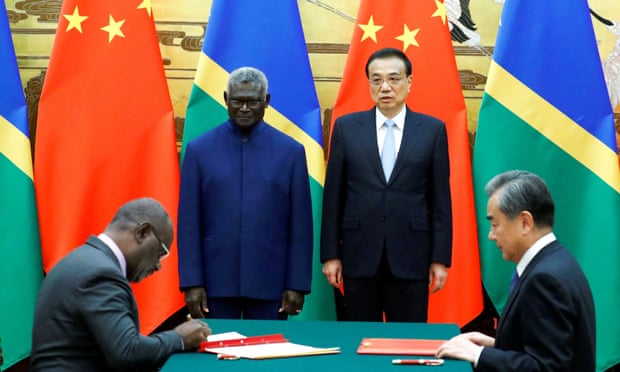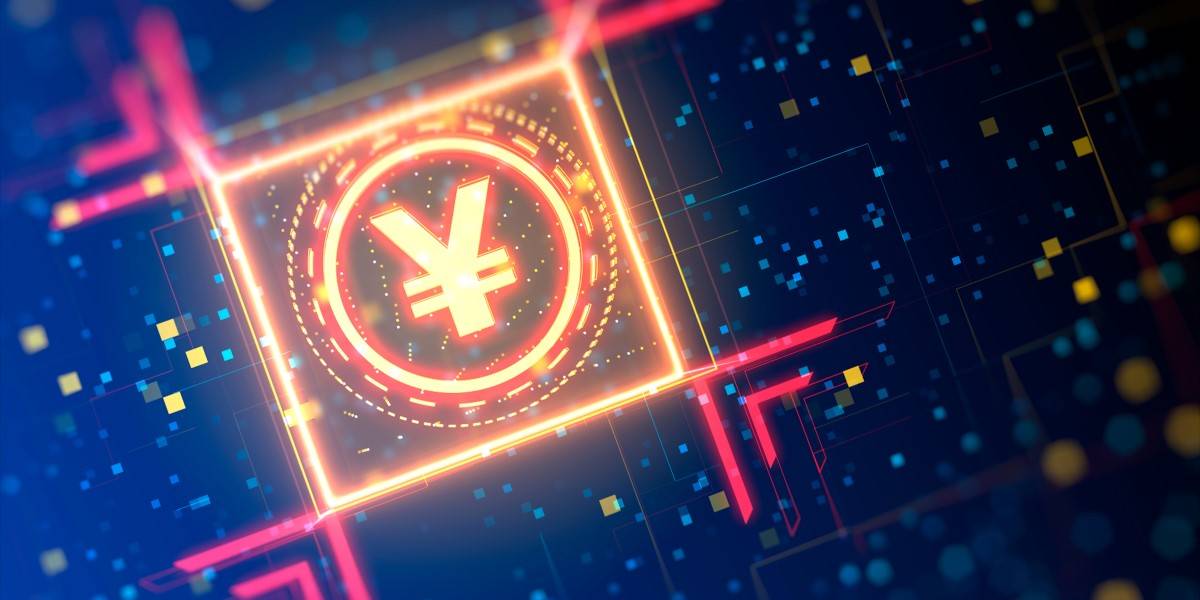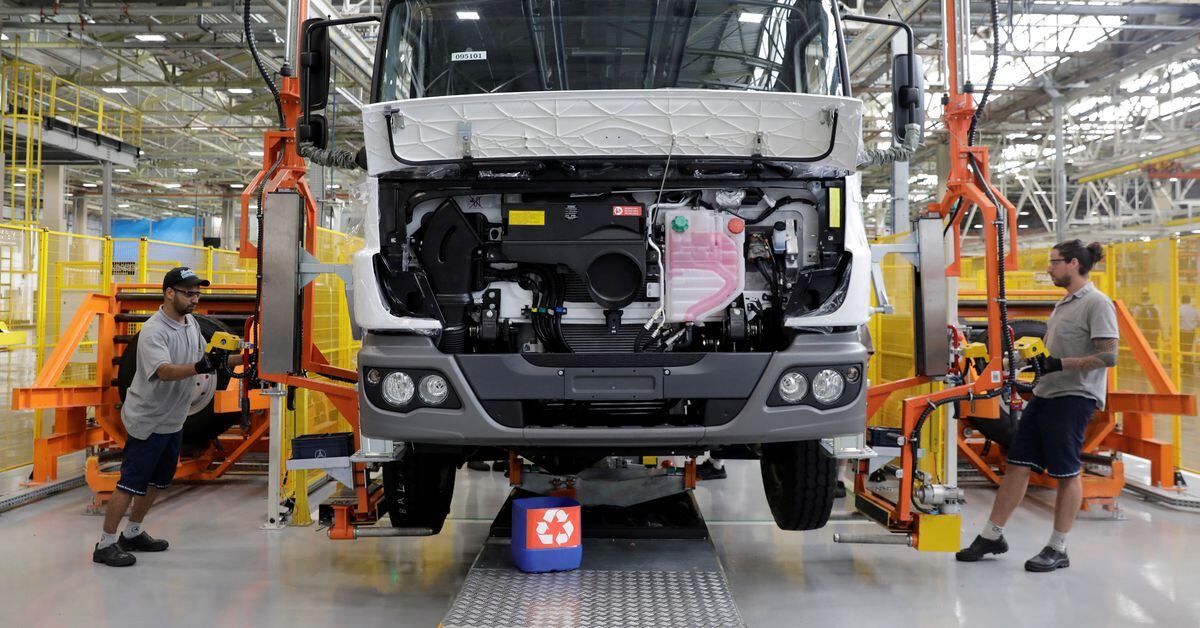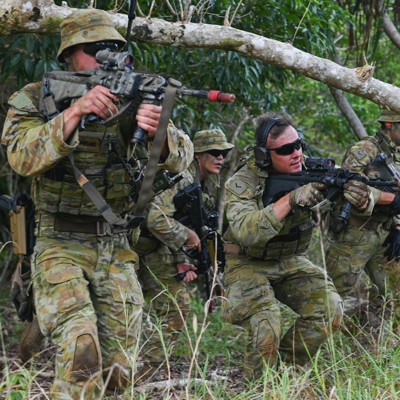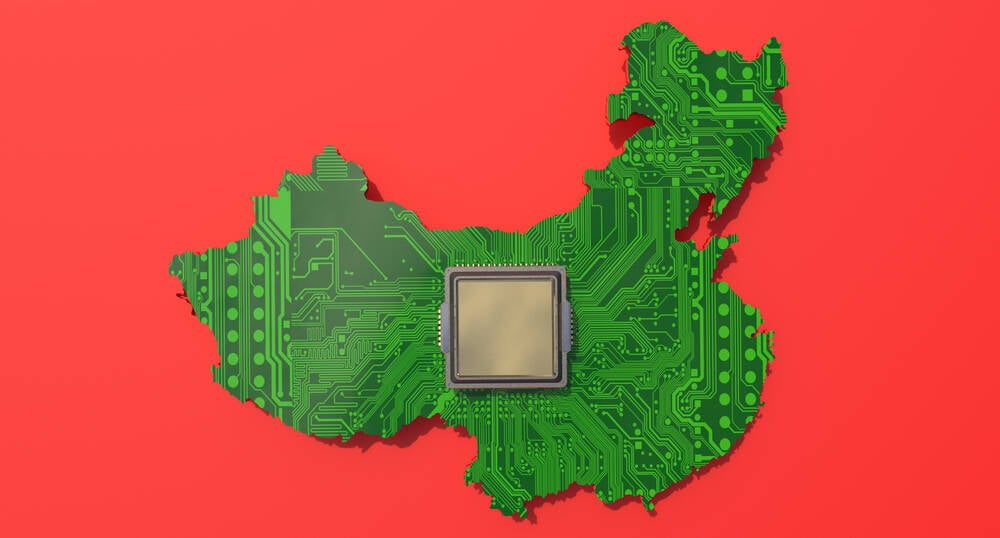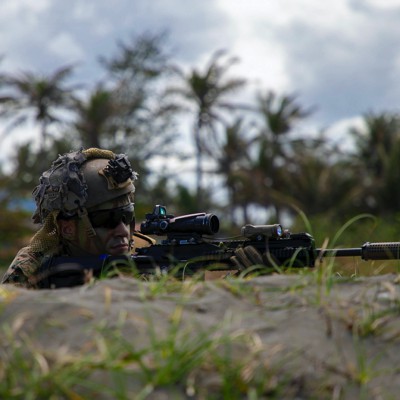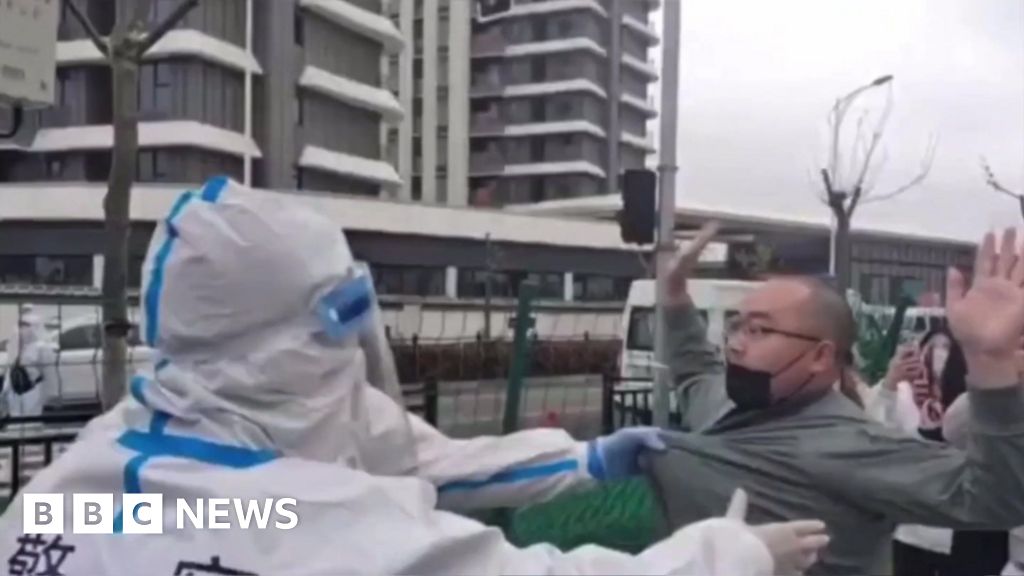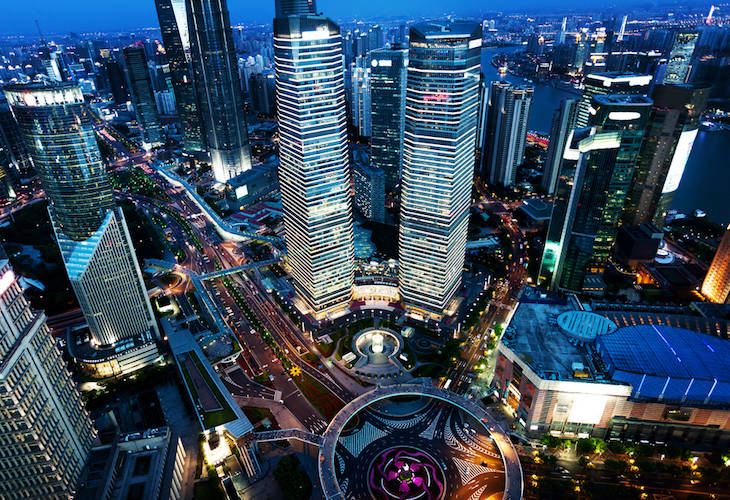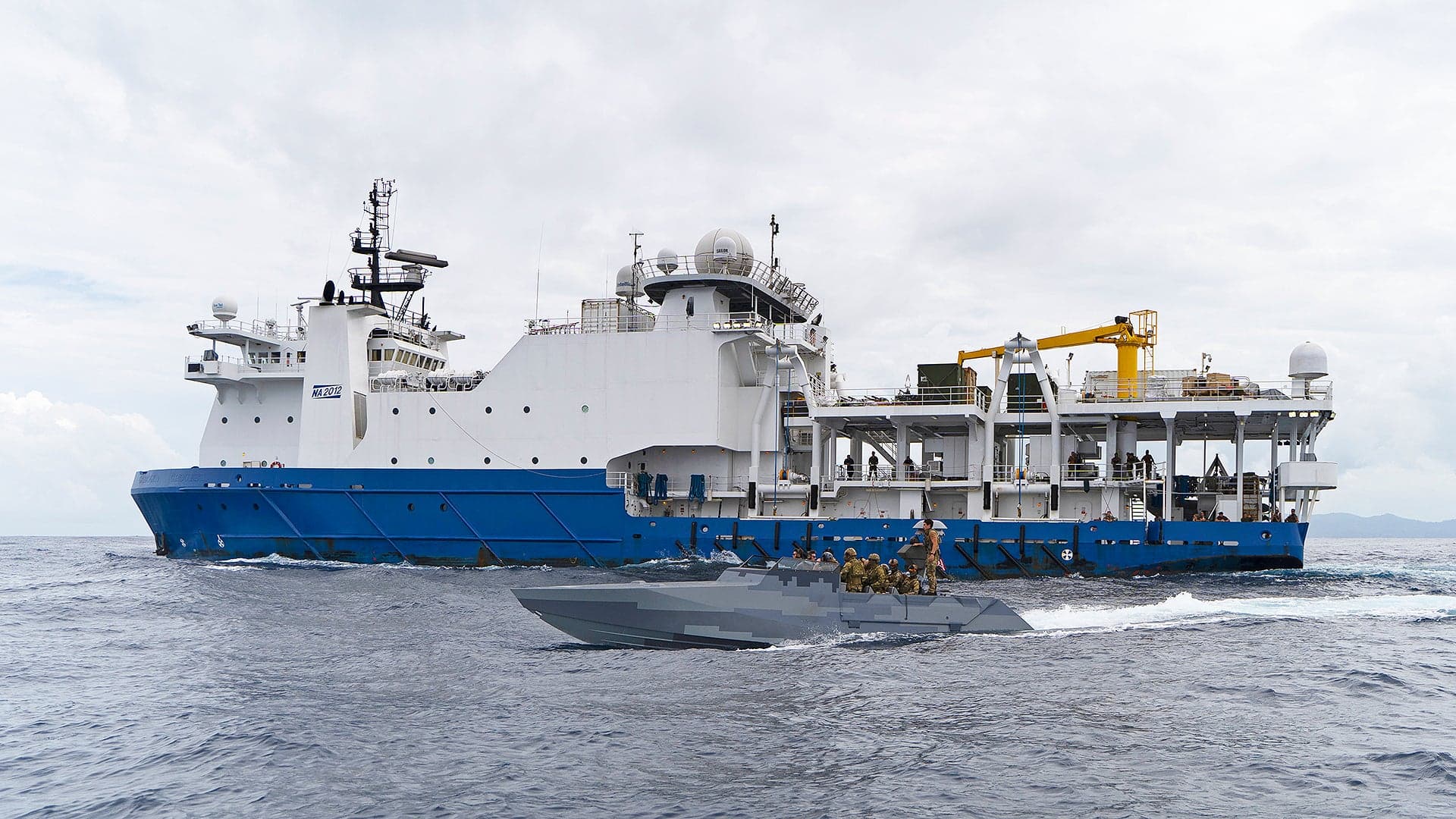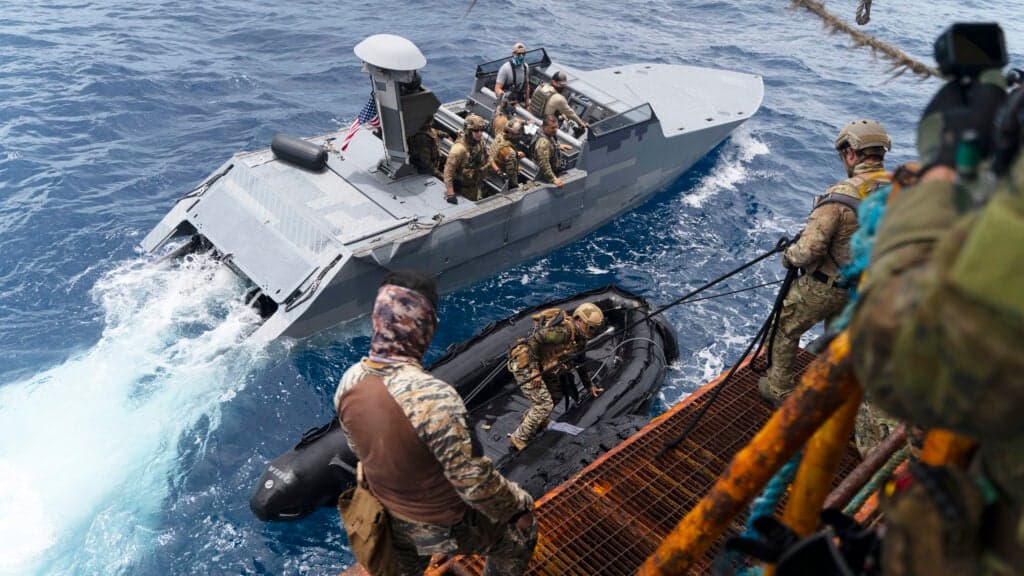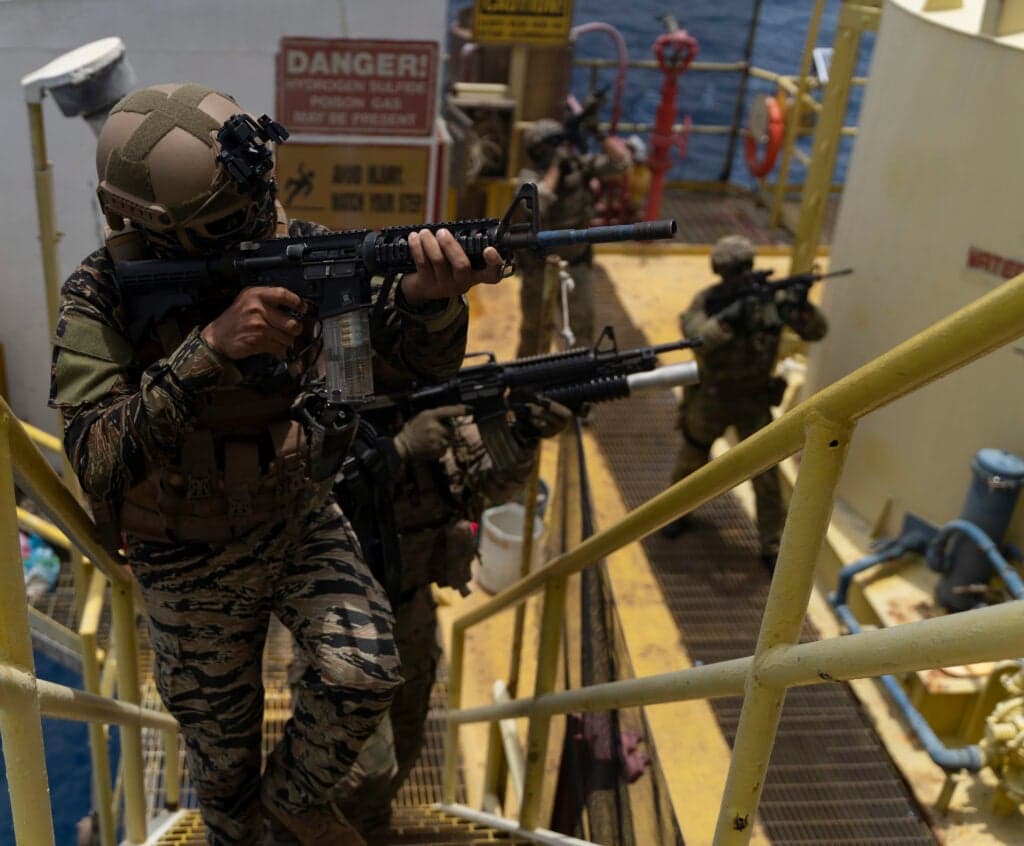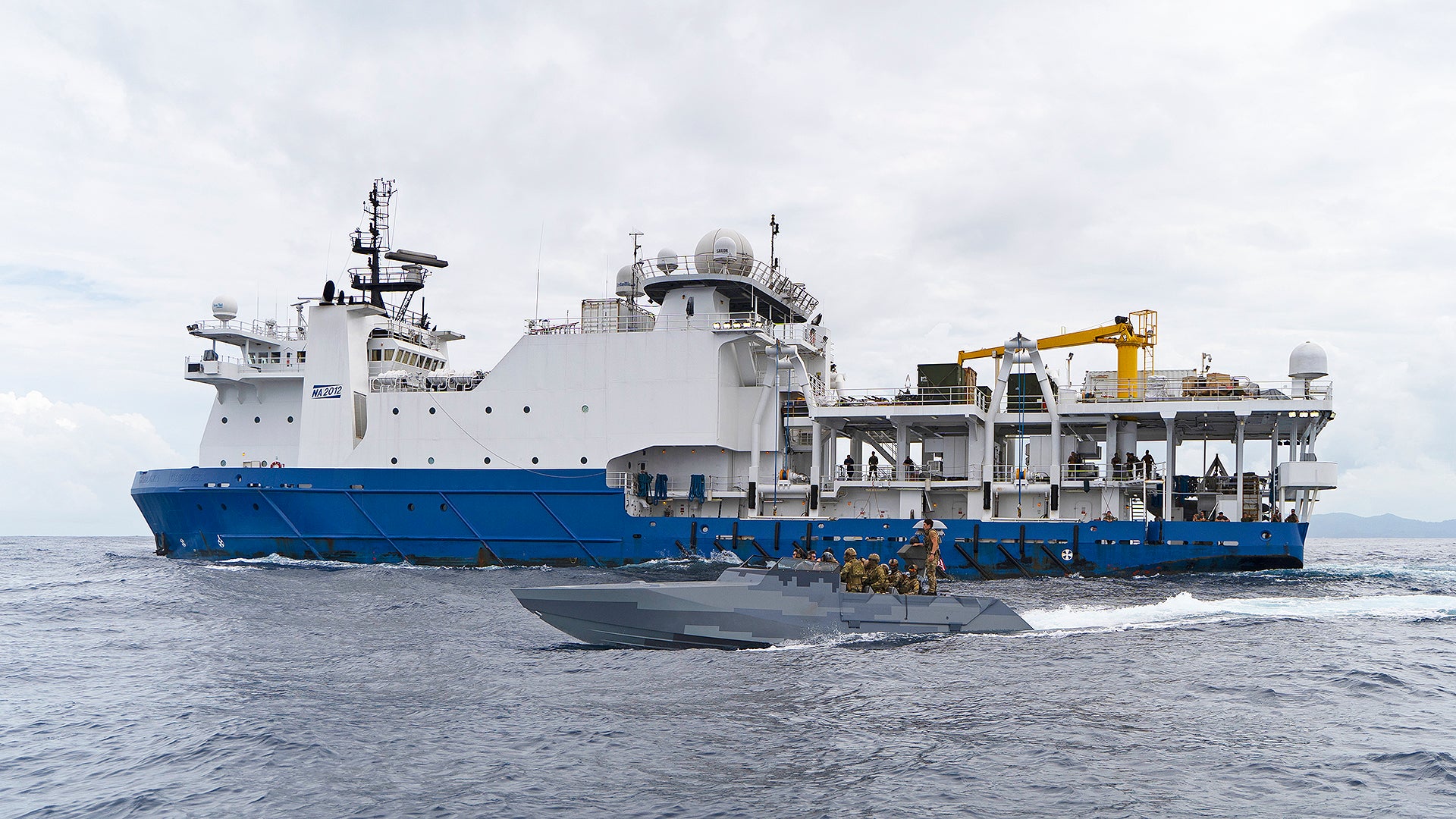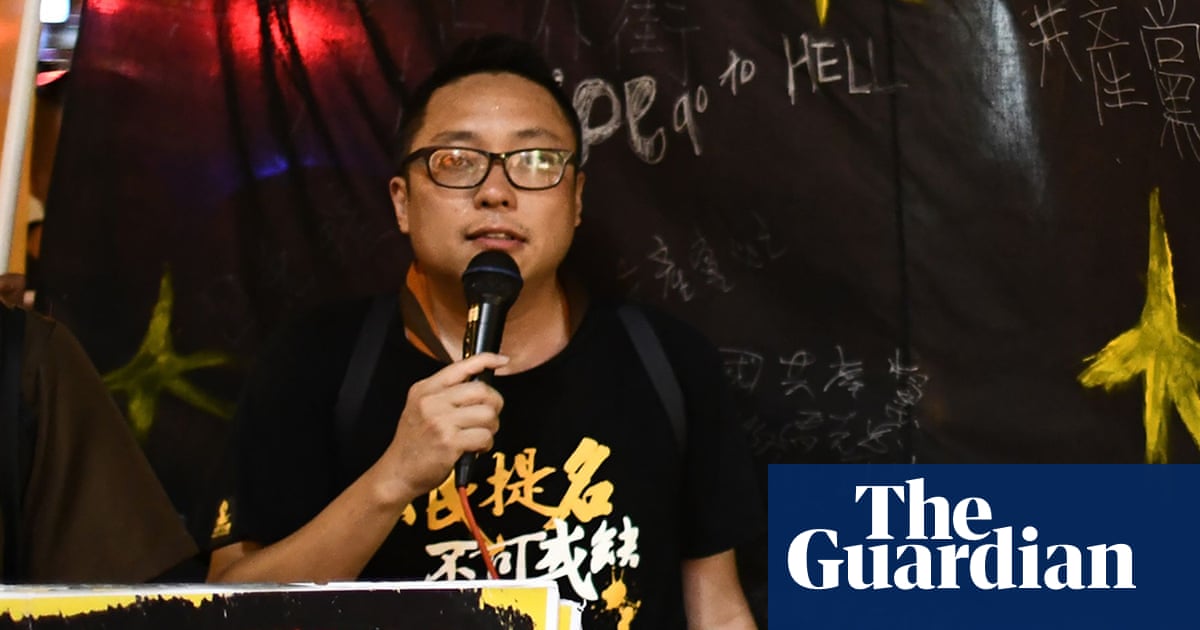As at least some parts of Shanghai enter their fourth week of lockdown, Chinese tech executives have highlighted how measures to prevent the spread of COVID-19 will affect supply chains and industry.
In a
Weibo post late last week (which
The Register has machine-translated), He Xiaopeng, CEO of electric car company Xpeng, wrote: "All OEMs in China may have to suspend production in May if Shanghai and surrounding supply chain companies cannot find a way to dynamically resume work and production."
Huawei executive Yu Chengdong
reportedly stepped up that message the next day in his WeChat Moments – a feature of the app that is used to share captioned photos, statuses, and websites among a closed group of people. Yu worried all tech and industrial players who rely on Shanghai factories for supplies will come to a complete halt, especially those in automotive, creating "severe consequences and losses for the whole industry."
Yu, who serves as chief executive of Huawei's consumer business group and smart car solution unit, added that businesses were already on hold since mid-April because of lockdown-induced supply chain disruptions.
The 25-million-plus residents of Shanghai have been
under lockdown starting March 28. Around 372,000 infections were reported in the city since March 1, of which 16 were considered "severe," and among those were three deaths, apparently. Over the weekend, new cases reportedly declined ten per cent.
With residents – including those who work in logistics, such as delivery drivers – confined to their homes under strict lockdown, many have reported difficulty getting food, medicine, and other essentials. The government has delivered vegetable boxes to registered residents, though many have said the supplies are not enough and they are still hungry. Those who are tech-savvy battle to secure food with e-commerce apps, and those who are not must manage the best they can.
Individuals are not allowed to leave their homes, not even to take supplies to less savvy elderly parents.
Neighbor interactions are mainly through social apps like WeChat – especially as they embark on community buying schemes to increase their odds of securing food and supplies – or at regular community COVID testing. Or also as they
scream out their windows in frustration, as sometimes seen and heard on social media.
On April 11, people living in the city's zones without a positive case for two weeks were allowed to step outside, resulting in
videos of socially-distanced dazed individuals bumbling about in roped off areas gleefully absorbing vitamin D.
And it's not just residents isolated: trucks from other cities have difficulty entering Shanghai, and reports have emerged of truckers stuck on highways. That is, if a trucker is willing to drive to Shanghai and risk being stuck there quarantining.
It goes without saying that workers in manufacturing are also unable to travel to their jobs.
With the population more and more frustrated, authorities have taken measures to warn residents not to complain – including blocking hunger-associated hashtags from social media, and posting signs warning of the perils of the internet.
The lockdown is not only tough, it also shows no signs of ending. While Shanghai city officials have said they would allow some activity by residents, Chinese President Xi Jinping made it clear on Wednesday everyone should lower their expectations.
According to state-sponsored Xinhua News, the president said: "Prevention and control work cannot be relaxed," adding "persistence is victory."
